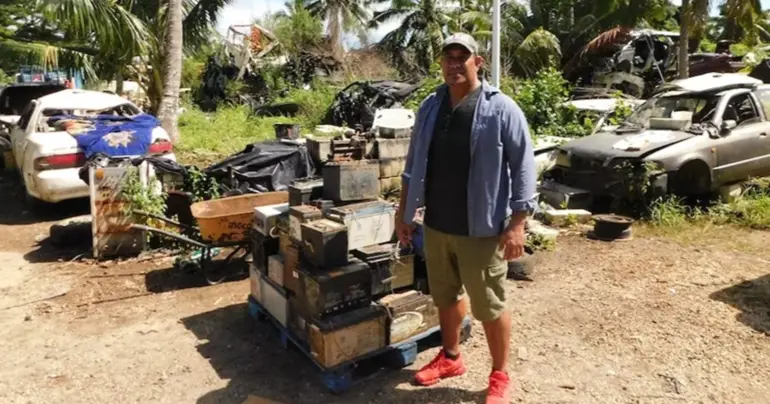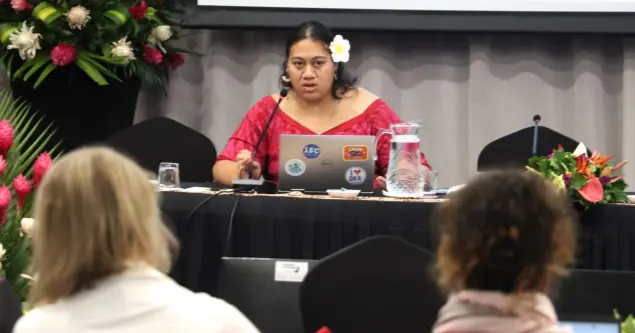A Collective Responsibility: Combating Environmental Pollution
Environmental pollution has emerged as a pressing global issue, impacting ecosystems, human health, and the overall well-being of the planet. As the consequences of pollution extend across borders and affect diverse communities, the need for collective action becomes imperative. This essay explores the idea that everyone should make a small contribution to the struggle against environmental pollution, emphasizing the significance of individual actions in creating a sustainable and healthier world.
Environmental pollution, in its various forms such as air and water pollution, deforestation, and plastic waste, poses a significant threat to the delicate balance of the Earth's ecosystems. The consequences are far-reaching, affecting biodiversity, climate patterns, and human health. From the smog-choked cities to the plastic-laden oceans, the impact of pollution is visible on a global scale.
While large-scale policies and international agreements play a crucial role in addressing environmental pollution, the power of individual actions should not be underestimated. Every person, regardless of their background or location, can contribute to the fight against pollution through small, everyday choices. These contributions, when aggregated, can result in significant positive impacts.
One of the most effective ways individuals can combat environmental pollution is by reducing their carbon footprint. This can be achieved through simple lifestyle changes such as using energy-efficient appliances, opting for sustainable transportation, and minimizing waste. Small adjustments, like turning off lights when not in use or using reusable shopping bags, collectively contribute to reducing carbon emissions.
Another area where individuals can make a difference is in waste reduction and recycling. The indiscriminate disposal of plastic and other non-biodegradable materials contributes significantly to environmental pollution. By adopting practices such as recycling, composting, and reducing single-use plastic consumption, individuals contribute to the global effort to manage waste responsibly.
Conserving natural resources is integral to the fight against environmental pollution. Simple actions, such as using water responsibly, planting trees, and supporting sustainable agriculture, contribute to conserving essential resources. These efforts collectively help maintain the ecological balance and reduce the strain on the environment.
Individuals can also play a crucial role in raising awareness and advocating for environmentally friendly practices. By educating themselves and others about the impact of pollution, individuals become ambassadors for change within their communities. Advocacy for sustainable policies, clean energy initiatives, and responsible waste management can influence broader systemic changes.
While the concept of small individual contributions is powerful, it is essential to acknowledge the challenges in promoting widespread change. Socioeconomic factors, lack of awareness, and the convenience of unsustainable practices can hinder progress. Therefore, educational campaigns, community engagement, and policy support are vital to encouraging and sustaining individual contributions.
In conclusion, environmental pollution demands a collective response, and everyone should make a small contribution to the struggle against it. Individual actions, when multiplied across communities and nations, can create a substantial positive impact on the environment. By embracing sustainable practices, reducing carbon footprints, advocating for change, and fostering awareness, individuals become active participants in the global effort to combat environmental pollution. The small steps taken today collectively pave the way for a cleaner, healthier, and more sustainable planet for future generations.











